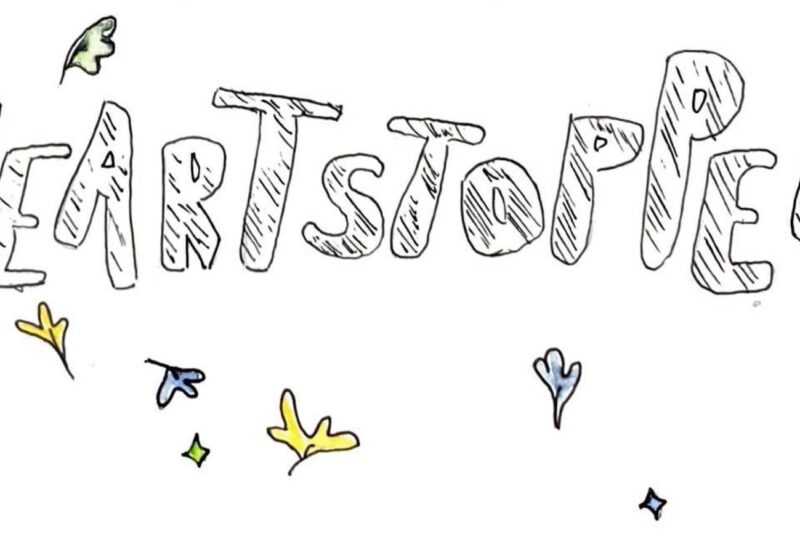Typically we expect one of two responses when we ask someone what they’re doing after graduation. The first is that they’ll be going to grad school to continue their education and the second is some career that is obviously linked to their degree.
With the economy slowly rebounding but the unemployment rate staying around 6 percent many students are looking for other paths after their graduation.
Zookeeper
One of the seemingly random career choices of a UR undergraduate actually makes sense after a brief moment’s thought. Senior Pat Theobald chose to become a zookeeper in Salt Lake City. Theobald is graduating with a B.S. in biology, concentrating in ecology and evolutionary biology, and interned at his hometown zoo in Cincinnati, Ohio after his sophomore year.
This experience, combined with other internships at veterinary offices, led him to look for jobs at zoos instead of graduate school. Eventually he plans to go the veterinary school, but currently is just “sick of school.”
When asked about how he ended up taking a job in Salt Lake City, Theobald responded that “they’re the only ones that called me back.”
He continued that “a lot of [zoos] don’t require a college degree, but I was only looking at the ones who do” in hopes of ending up at a higher quality zoo.
What sort of qualifications does one need to become a zookeeper? According to Theobald, a B.S. in a biological science is a plus, as well as a love of animals. Most important, however, is experience at zoos or veterinary clinics.
Navy
Taking a slightly more traditional path, but still an unexpected one for a graduate with a B.A. in political science ? senior Amy Shutt is joining the Navy.
Shutt has spent the past four years in UR’s Navy ROTC program and will be going to flight school in Pensacola, Fla. to become a naval flight officer (a position similar to the navigator in the Air Force). The training will last roughly two years.
Five others from UR’s NROTC program are also headed to Pensacola to train ? three to become pilots and the other two for naval flight officer training.
After their sophomore year at UR, members of the NROTC program are obligated to a term of service in the Navy. The length of the term depends on the specialty into which the person enters.
Shutt chose the aviation track and as a NFO must spend at least six years in the Navy after getting her wings, ending up with roughly eight years total when flight school is included.
The other possible tracks a member of NROTC can take are surface warfare, being on a ship; nuclear, which can lead to placement on a submarine and becoming a Marine.
As for after her obligation is up, Shutt said, “Who knows what’s going to happen, but I’d like to do it as a career.”
Improvization
After senior Mike Daflos picks up his B.A. in film studies, he is headed to Los Angeles to study improvisational theater at “The Groundlings” improv school.
The Groundlings and Chicago’s Second City improv troupe are the two main groups that supply members to the Saturday Night Live cast.
Daflos intends to study there for a year and satisfy his California residency requirement before applying to University of California, Los Angeles’s film school. His eventual goal is to become part of the Groundlings Improv Troupe, but to do that you have to study at their school.
Cityear
Senior Ben Nagle is spending the summer as an intern at the Children’s Defense fund in Washington, D.C. and in September begins a 10-month community service program called Cityear, which works with inner-city youth. Cityear is a branch of the Americorps program.
Nagle will be working in after-school programs, running in-school detentions as well as mentoring and tutoring elementary and middle schoolers.
Nagle eventually wants “to go into youth services” and this program “seemed like a good stepping stone.”
After the Cityear program he’ll be looking for a job before hopefully heading to Johns Hopkins for their combined master of public health and master of social work dual degree program. This program requires two years of work before application.
Nagle will be graduating with a B.A. in religious studies.
Coffeeshop
What does a B.S. in molecular genetics and a B.A. in psychology prepare you for? Opening a coffee shop in Dayton, Ohio ? of course.
Senior Alex Haas is using his dual degrees to head back to his hometown and help in their redevelopment of their downtown area.
He was “talking one day with one of [his] friends and the idea really struck me.”
While he has no formal training in business, he prefers to be his own boss and has a love of coffee and folk music. This combined to form his post-graduation plans.
There is nothing in downtown Dayton like his planned coffee shop, which will feature fondue and function as a performance space for folk music in addition to serving the typical coffeehouse fare when it opens in early August.
Haas isn’t alone in his venture. Senior Dan Bock, with a B.A. in economics, and a friend of Haas’s from home, Matt Forney, will also be involved. Forney knows a lot about coffee and will help cover that aspect of the business.
Haas’s eventual goal is to open a biotech company. He sees this coffeehouse as a stepping stone to build capital and gain experience before taking that step.
So while your degree from UR may not prepare you for anything in particular, it doesn’t mean your time here will have been wasted. Sometimes it’s not what’s on the piece of paper, but what you do with it that really matters.
Paris can be reached at tparis@campustimes.org.



